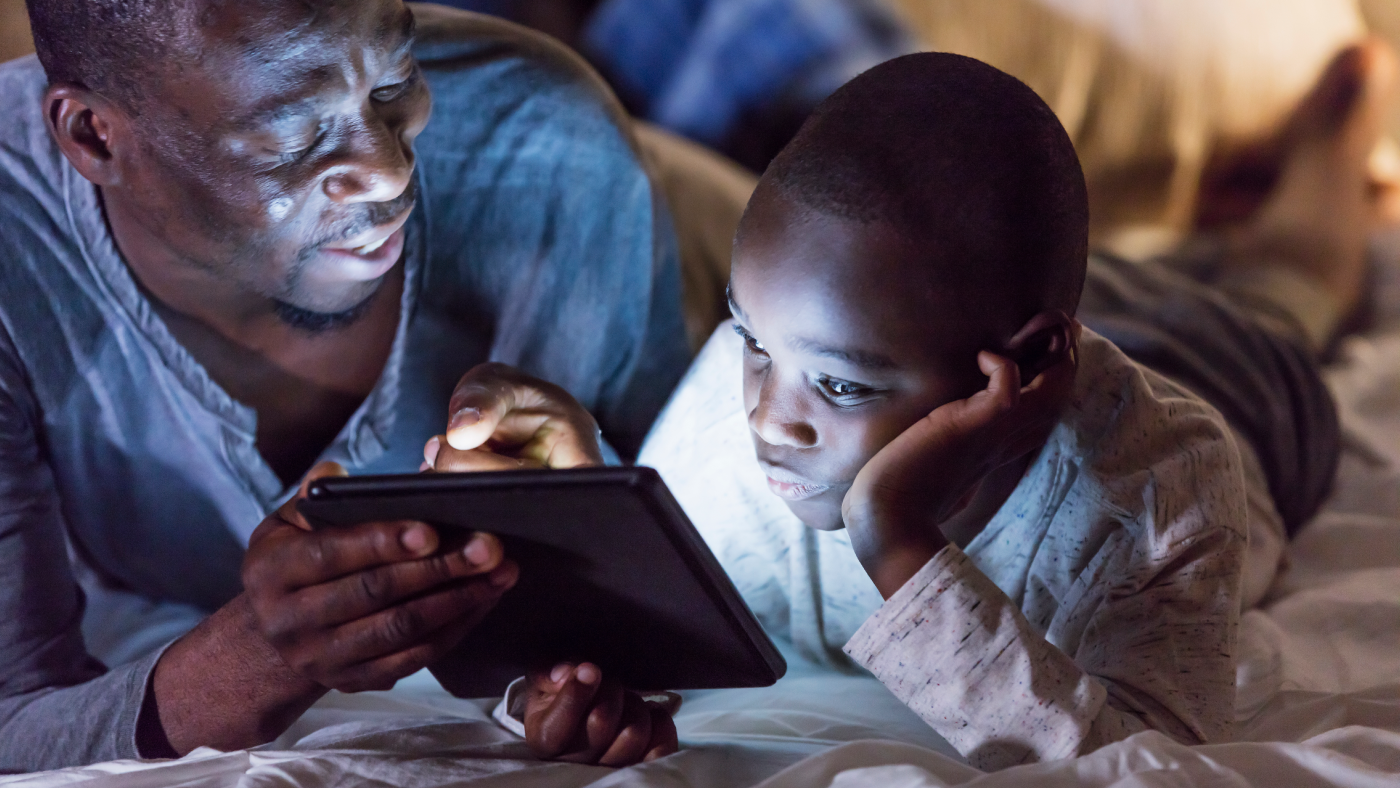
What Teens Share on Social Media
Among the things teens choose to share on social media, their real name and photos of themselves rank the highest. What else do they share?
Among the things teens choose to share on social media, their real name and photos of themselves rank the highest. What else do they share?
Explore what teens choose to share and keep private and with whom in this infographic.
Among teen social media users, percent who post the following to the profile they use most often
A list of some of the most revealing and interesting comments about how teens think about social networking sites and how they navigate issues of identity and privacy.
Youth are sharing more personal information on their profiles than in the past. They choose private settings for Facebook, but share with large networks of friends.
Size of Facebook network by gender and age
Yahoo! today confirmed that it’s buying 6-year-old blogging service Tumblr for $1.1 billion in cash. Who uses Tumblr? We consulted the recent report on social media demographics from the Pew Research Center’s Internet & American Life Project to find out: Only 6% of Internet users surveyed in late 2012 reported using Tumblr, versus two-thirds for Facebook. Three […]
Overview So far, public interest in a trio of controversies connected to the Obama administration has been limited. Roughly a quarter (26%) of Americans say they are very closely following reports that the IRS targeted conservative groups. About the same number (25%) are tracking the Benghazi investigation very closely, and even fewer (16%) are very […]
Kristen Purcell spoke at the Art Museum Marketing Association (AMMA) meeting at the Baltimore Museum of Art on Friday, May 17th, for an audience of marketing directors from the largest art museums in the U.S.
Pew Research Center President Alan Murray discusses the digital trends shaping the news industry based on findings from the State of the News Media report and his experience at the Wall Street Journal.

Roughly four-in-ten Americans have experienced online harassment. Growing shares face more severe online abuse such as sexual harassment or stalking.
Two-thirds of parents in the U.S. say parenting is harder today than it was 20 years ago, with many citing technologies, like social media or smartphones, as a reason.
From distractions to jealousy, how Americans navigate cellphones and social media in their romantic relationships.
Majorities of U.S. adults believe their personal data is less secure now, that data collection poses more risks than benefits, and that it is not possible to go through daily life without being tracked.



